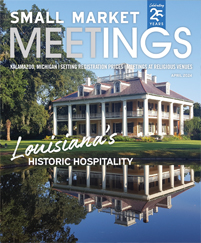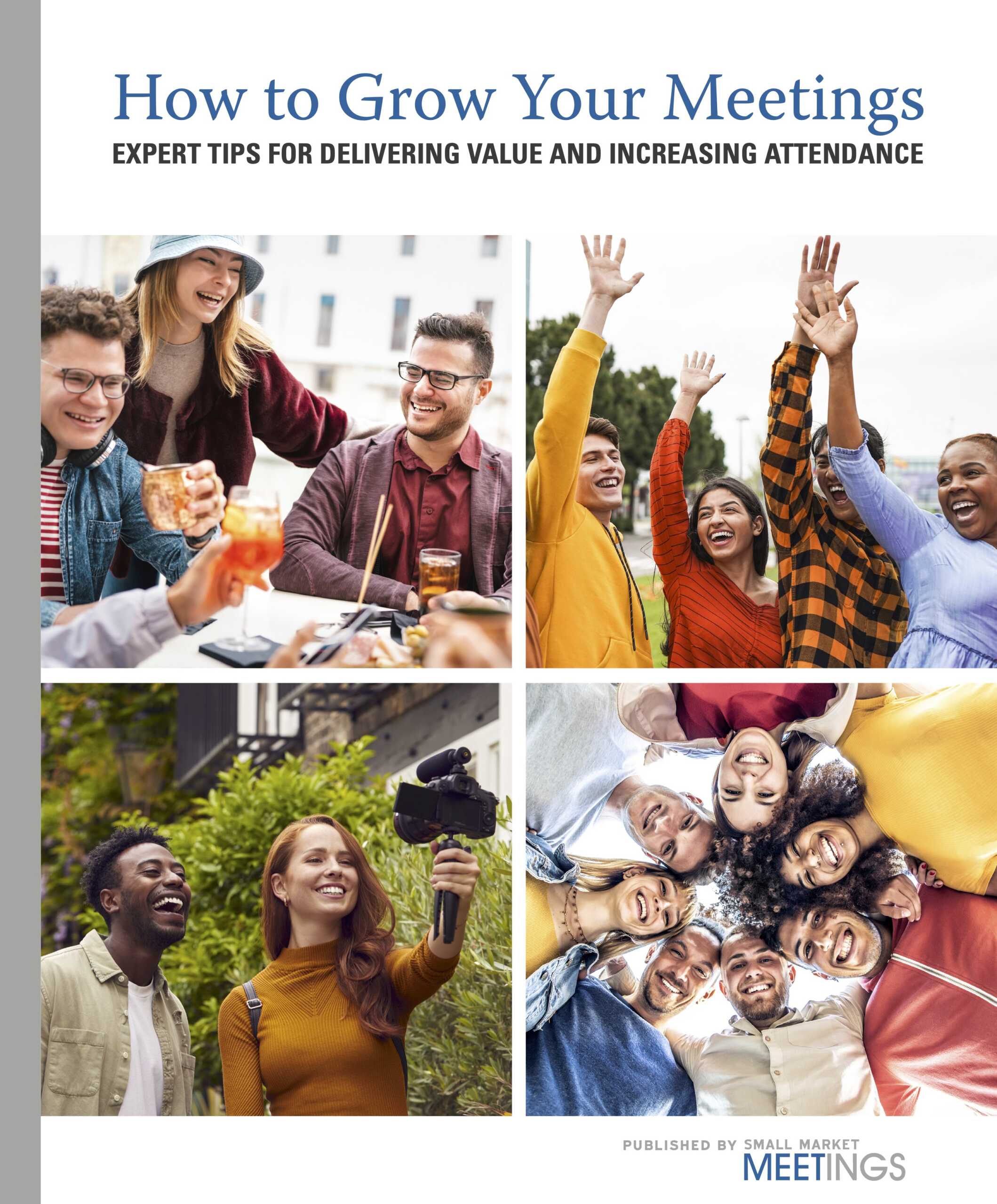The religious meetings market sometimes get a bad rap in the affinity market, and there are plenty of misconceptions, generalizations and stereotypes about religious events. To put it bluntly, religious meetings are often chalked up as old, cheap and entirely too sober.
So we asked sales directors and sales managers in four different cities and regions — Gatlinburg, Tennessee; Rochester, New York; San Mateo County, California; and South Bend, Indiana — to weigh in on some of the more common stereotypes and tell us whether they’re true, false or somewhere in between.
“Religious meeting groups only go to ‘religious’ destinations.”
False, through and through.
Whether a city is home to a major religious university or organization or simply has a reputation for being popular for church groups, such as Gatlinburg and South Bend, it doesn’t matter; everyone agreed that it’s not a prerequisite for hosting a religious event.
Most sales managers said such events are more interested in the destination’s proximity to their membership, things to do in the community, ease of access and affordability — the same things any association would look for, said Tim James, VisitRochester’s senior sales manager for religious and national accounts.
Carolyne Wallace, director of sales for Visit South Bend Mishawaka, said religious meeting planners “are open to anything” when it comes to choosing their site, although some do prefer religious venues such as a faith-based college campus or church facility.
Another major factor for religious groups, the sales managers said, is the community’s physical attributes. San Mateo’s weather, nearby beaches and scenic beauty tends to attract religious groups, said Anne LeClair, president and CEO of the San Mateo County/Silicon Valley Convention and Visitors Bureau.
James said Rochester gets a lot of youth groups because the Rochester Riverside Convention Center is attached to two hotels, “so that’s safe for them.” Gatlinburg’s walkable downtown is also appealing to religious groups because it’s safe for kids and teens, said Karen Robertson, director of sales for the Gatlinburg Convention and Visitors Bureau.
“Religious meetings are always low-budget events.”
Well, no — but with a little bit of truth.
“They are cost-conscious but not necessarily low-budget,” Wallace said.
While religious meetings do have a tendency to be more careful about price than, say, corporate retreats, that’s to be expected — and really no different than other nonprofit social or fraternal organizations, James said. Attendees are often paying for the trip, from registration to lodging, out of their own pockets; and many are paying for their entire families to attend or combining the trip with a vacation, James said.
Both James and LeClair said religious events vary considerably in terms of their budgets, from lower end to fairly expensive affairs. Unlike other groups, religious meetings are also willing to meet on weekends, offseason and during slower times of the year, which is “a win-win,” LeClair said.
“They’re filling hotels that would otherwise be empty,” she said.
Although religious meetings do tend to come in a little less than other markets in terms of price points, they often make up for the lower dollar amounts simply by having higher numbers of attendees, Robertson said.
“The fact that their volume is a lot higher than an association meeting or a corporate meeting kind of evens them out,” she said. “When you’re looking at food and beverage costs, they tend to come in a little lower than some of the other groups … but I think their volume makes up for it.”











